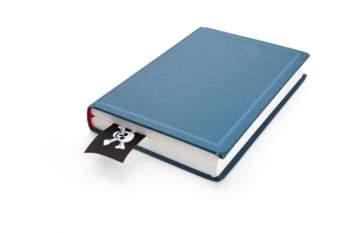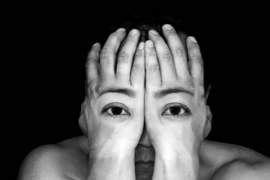
Find Out Here the 10 Most Banned Books in the World

What are Banned Books?
Banned Books are publications, which typically exist in the forms of literature; Banned Books may range between both fiction and non-fiction in nature. Both the methodology and ideology behind the process of banning books is neither uniform nor standard; there currently exists no format within the United States expressing the parameters involving the details implicit within Banned Books - however, due to the modernization of censorship laws within the United States, the Federal Government will rarely call for specific, nationalized Banned Books unless the content is agreed to be detrimental to the public wellbeing.
Banned Books and Government
The methodology of rule varies amongst individual countries and nations alike; in certain locations, there Banned Books are deemed to be unlawful – however, in other locations, publications that are perceived to be in direct contract with theocratic or moral standards may undergo Banned Books.
Banned Books and the 1st Amendment to the Constitution
For example, the 1st Amendment to the United States Constitution - with regard to its mention of the freed of speech and expression – prohibits the implementation of subjective censorship or the banning of books based on taste or opinion. However, with regard to the section within the 3rd Amendment of the Constitution allowing personal freedoms for each citizen of the United States, individual or private institutions or collectives are permitted to prohibit the circulation or undertaking of books; these books are considered to be Banned Books.
A Guide to Banned Books
The following are some examples of Banned Books in addition to the reasoning behind their respective – albeit subjective – banning; the following 10 books are considered to be the most commonly banned books on an international basis:
Candide written by Voltaire
Presumed vulgar and bigoted language within the text
The Adventures of Huckleberry Finn written by Mark Twain
Presumed racist and bigoted overtones
Brave New World written by Aldous Huxley
Presumed racist and bigoted overtones
1984 written by George Orwell
Presumed communist advocacy within the text
The Catcher in the Rye written by J.D. Salinger
Mark David Chapman – the man responsible for the shooting of John Lennon – was found to be carrying this book on his person at the time of the killing
Lolita written by Vladimir Nabokov
Presumed sexual and vulgar overtones
I Know Why the Caged Bird Sings written by Maya Angelou
Presumed racist and sexual overtones
The Anarchist Cookbook written by William Powell
Presumed advocacy of rebellion, thievery, and dishonesty
The Satanic Verses written by Salman Rushdie
Presumed attack on the Islamic faith; this book has resulted in a multitude of permanent bans on Rushdie entering countries and nations with large Islamic populations – Rushdie has received countless death threats as a result of his authorship of this book
Harry Potter Series written by J.K. Rowling
Presumed undertones regarding the advocacy and promotion of witchcraft, satanic material, and the occult; this book has become widely banned with a multitude of both religious institutions, as well as religious households
NEXT: Movie Censorship





















